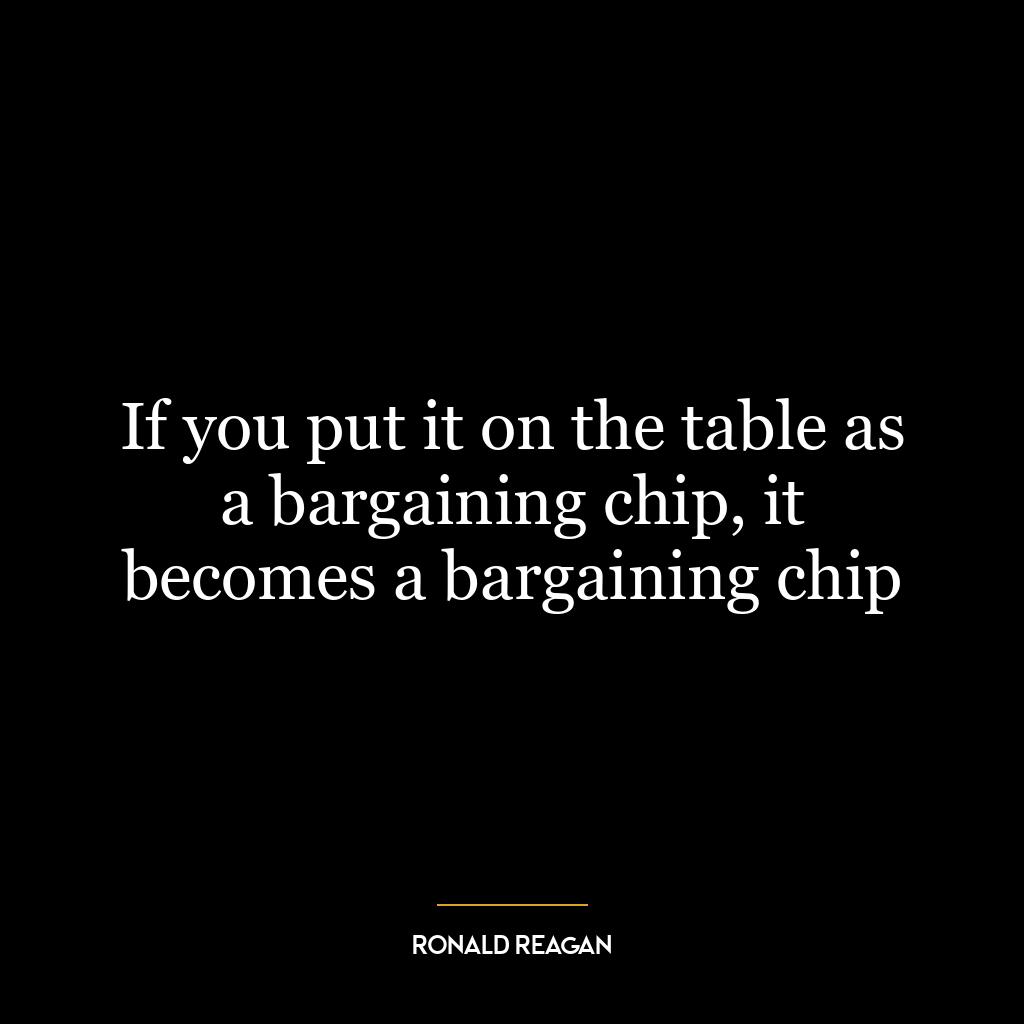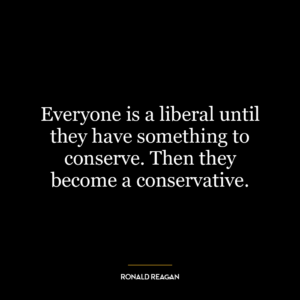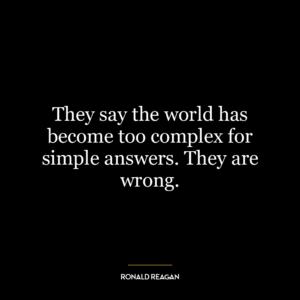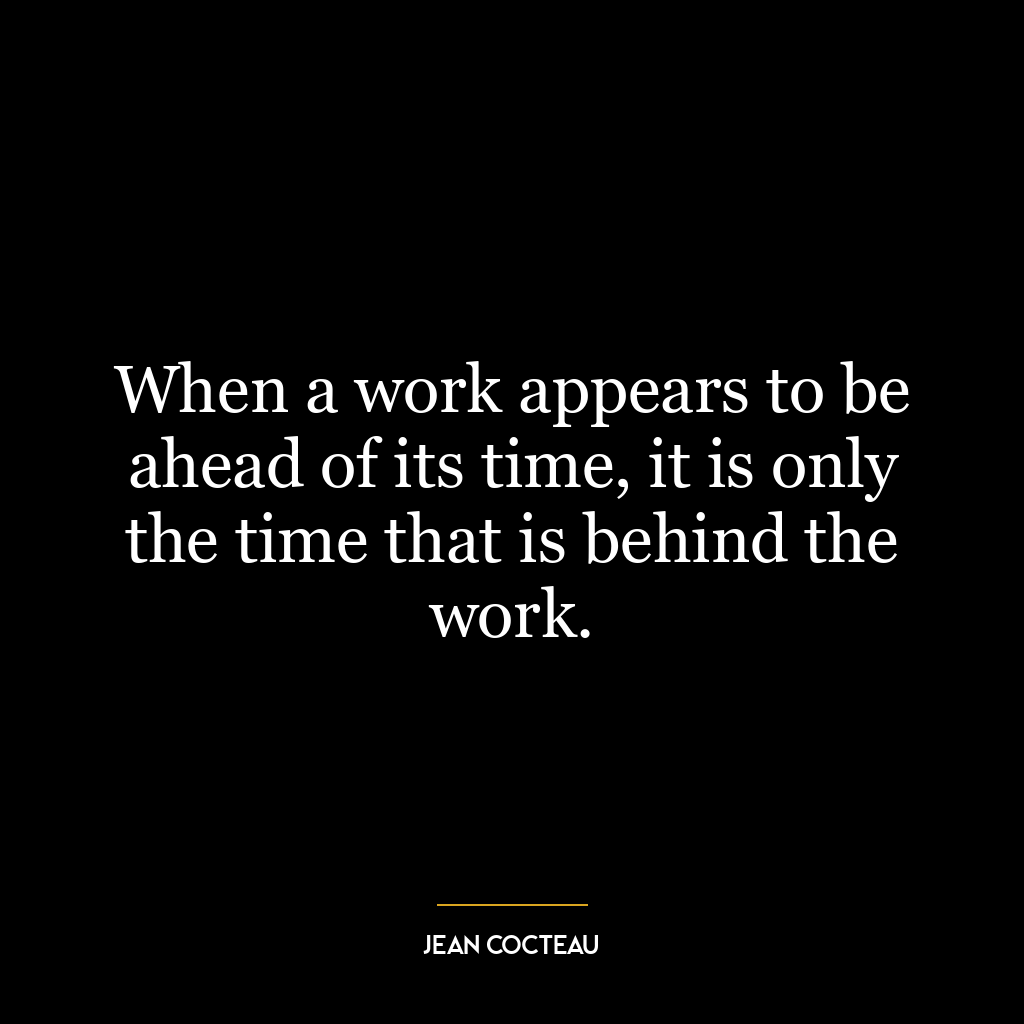The quote, “If you put it on the table as a bargaining chip, it becomes a bargaining chip,” is a simple yet profound statement about the power of intention and the role it plays in negotiation, decision making, and conflict resolution. This statement suggests that anything, whether it’s a tangible object, an idea, a belief, or even a person, can become a tool or leverage in negotiations or discussions once it’s offered as such.
The quote also underscores the idea that the value of something is not absolute but is subject to the perception and context in which it’s presented. It suggests that any entity, regardless of its inherent value, can be used as a means to an end if it’s strategically positioned in a negotiation or bargaining scenario.
In today’s world, this idea is applicable in many areas, from politics and business to personal relationships. In politics, for instance, policies or political favors can be put on the table as bargaining chips to gain support or compromise. In business, companies often use assets, such as patents or exclusive rights, as bargaining chips in negotiations for partnerships or acquisitions.
In personal development, this quote can be interpreted as a reminder of the importance of self-awareness and strategic thinking. It suggests that individuals should be cautious about what they reveal or offer in their interactions with others, as these things could potentially be used against them or to their disadvantage. It also encourages individuals to be strategic and intentional about what they bring into their negotiations, whether it’s in their personal relationships, career advancement, or personal growth pursuits.
In essence, the quote is a commentary on the dynamics of power, value, and strategy in interactions and negotiations. It reminds us that the things we offer or reveal in our engagements with others can significantly influence the outcomes of those engagements.















